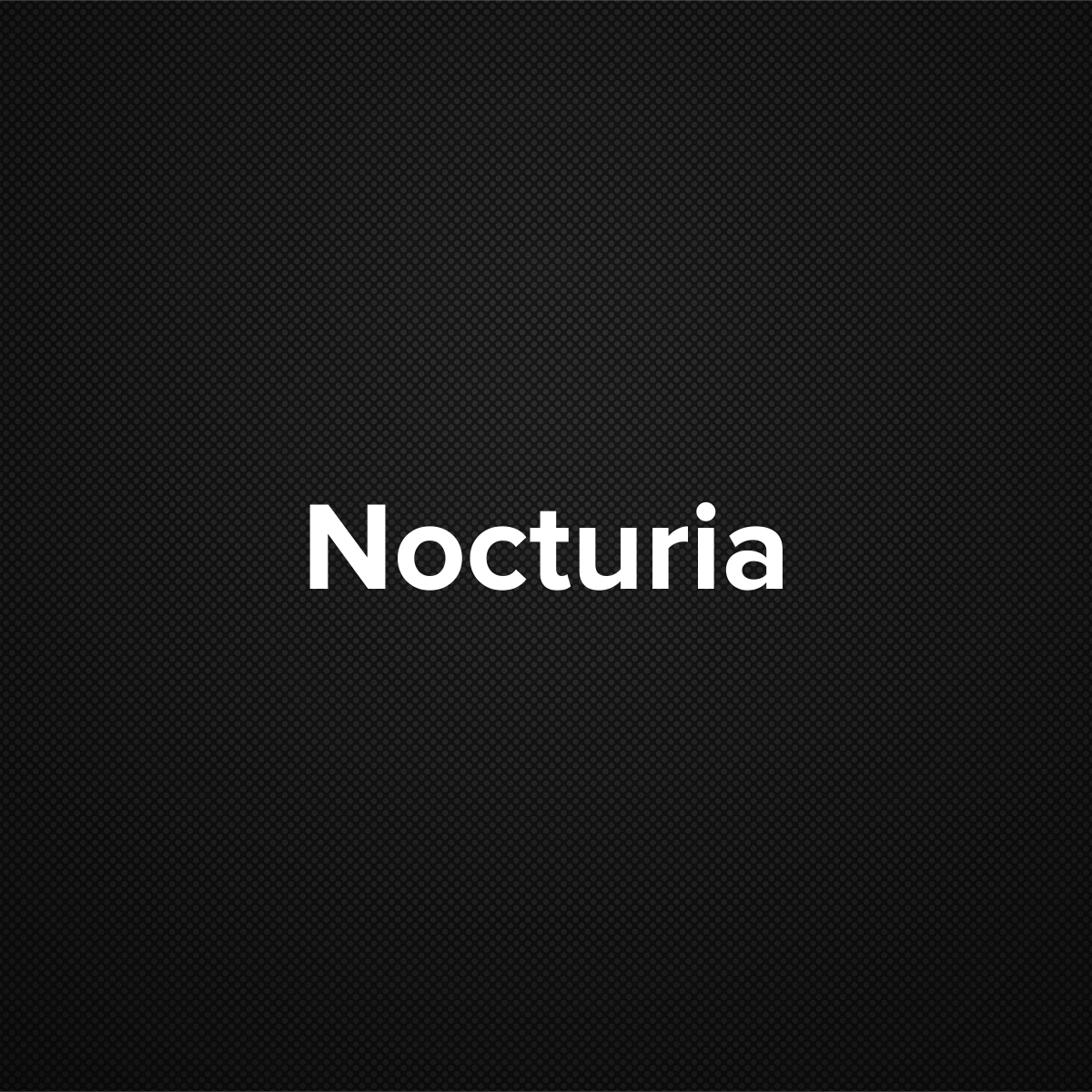Causes and risk factors
Nocturia is a symptom of some underlying pathology. Nocturia can be caused either due to disorders of the lower urinary tract, problem in balance of fluid, or neurological disorders of the urinary system. Imbalance in fluid balance can occur due to diseases like diabetes mellitus, diabetes insipidus, or renal failure. Drinking plenty of water and drinking beverages like coffee, alcohol especially during bedtime are other contributing factors for the same. Lower urinary tract infection, tumor of the urinary system, prolapse of bladder, complaints affecting the sphincter are certain other contributing factors (disorders of the lower urinary system). Neurological complaints like cervical cord compression, spinal cord syndrome, and multiple sclerosis are certain neurological factors which can affect the functioning of the bladder leading to nocturia. Diabetic cytopathy and parkinsonism are a few other causes. Nocturia is one of the distressing symptoms commonly seen in people suffering from benign enlargement of the prostrate. Nocturia in old people is often associated with accidents and falls. Low bladder capacity is another common cause of nocturia.
Clinical presentation:
The patient often complains of frequent waking up at night for passing of urine. This happens either every night or occasionally. Along with frequent passage of urine, profuse urination is also seen. Nocturia is one of the major causes of disturbance in sleep. It not only hampers the work, but also leads to depression over time and leads to low self-esteem.
Investigations:
Symptoms narrated by the patient and the physical examination carried out by the doctor will help to confirm the diagnosis. The history of fluid intake and passage of urine is taken into consideration. Urodynamic studies are advised. Certain investigations which are done are routine blood tests, urine analysis, ultrasonography of the pelvis and abdomen. Cystogram and cystoscopy are other valuable investigations which are to be done. Certain other investigations can also be advised as per the presenting complaints of the patient.
Treatment:
Treating the underlying cause is the main line of treatment. The treatment plan consists of administration of medications which helps to reduce the overactivity of the bladder or which reduces the production of urine. Intake of excess of water and beverages especially at night should be avoided.
When to contact a doctor:
Seek an advice from a doctor if one suffers from frequent passage of urine at night.
System Involved: Urinary system
Organs involved: kidney, bladder, urethra, bladder, nerves, and muscles






























